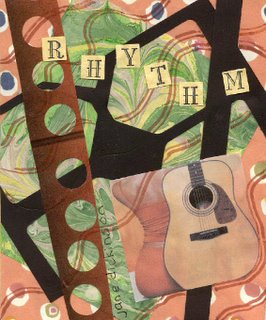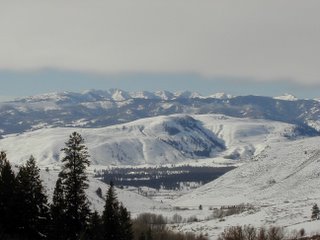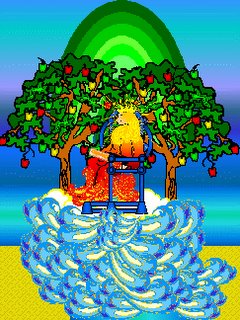An unpleasant cocktail
 The ingredients presently being mixed into the cocktail that is middle-east politics may eventuate in an explosion of such magnitude that we will find ourselves on the brink of Armageddon. And what will be needed, on all our parts, in the midst of such a storm, will be the capacity to sift with discernment the many voices we’ll hear. They will range from calls for unquestioning support for Israel, to calls for wholly bio-diesel transportation by 2015, to the destruction of Palestine, to unquestioning support for Palestine. There will be calls to arms, calls to prayer, calls to stockpile, and calls to fear.
The ingredients presently being mixed into the cocktail that is middle-east politics may eventuate in an explosion of such magnitude that we will find ourselves on the brink of Armageddon. And what will be needed, on all our parts, in the midst of such a storm, will be the capacity to sift with discernment the many voices we’ll hear. They will range from calls for unquestioning support for Israel, to calls for wholly bio-diesel transportation by 2015, to the destruction of Palestine, to unquestioning support for Palestine. There will be calls to arms, calls to prayer, calls to stockpile, and calls to fear.For these reasons, I’m presently studying Islam; her history and ideals, her theology and practices. I’m doing this with an eye towards teaching on matters related to the middle-east sometime this summer, with the goal of helping our congregation discern the times, and respond with the heart of Christ in the midst of any crisis that may ensue. Crisis times create panic, and history shows us that the undiscerning church often passively adopts the survivalist politics and posture that prevail during such times. However, there are also luminaries shining in the midst of such darkness – always. These are the ones whose convictions are shaped, not by the prevailing winds of the times, nor by fear, nor by an a-priori commitment to personal safety and prosperity, but by a commitment to being the presence of Christ in the world. Such preparation will entail not only familiarity with Islam, but more importantly, Christian ethics and eschatology (what God has to say about the end of history).
If you’re interested in such studies, you can learn gain an overview of eschatology at this web site. In addition, I’d recommend a couple of books about Islam and politics, including Why the Rest Hates the West, and In the Shadow of the Prophet. But however you begin to look into these things, I’d encourage you to look in – because when the ingredients in the cocktail include a destabilized Iraq, and nuclear Iran, a Hamas controlled Palestinian government, and the sudden stroke of Israel’s prime minister - your cocktail is more than just flammable – it’s a fragile bomb, the slightest nudging of which could send us all hurtling towards the edge. Let’s prepare to be people of hope and spirit.






